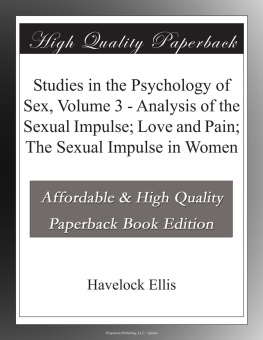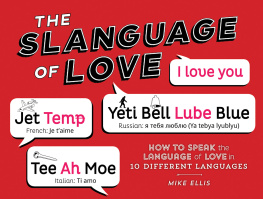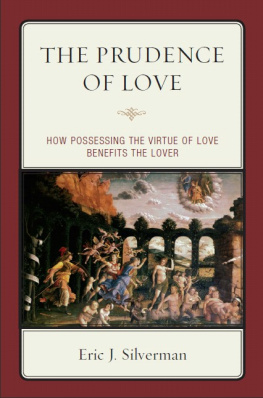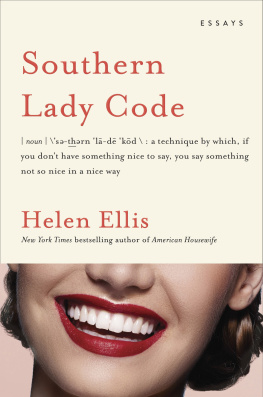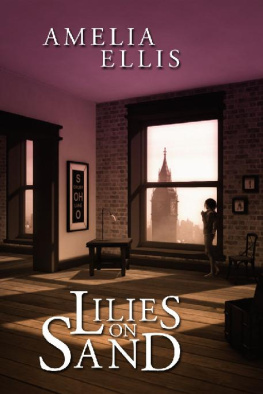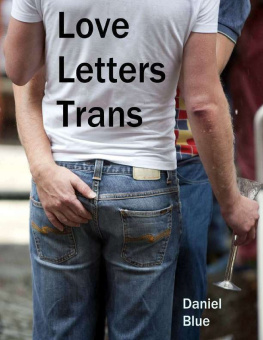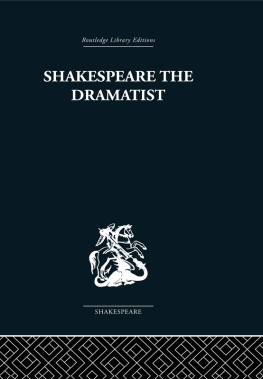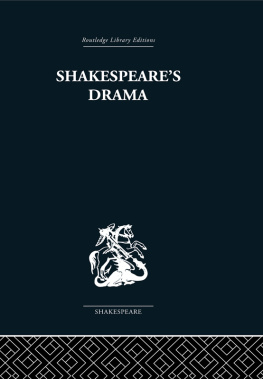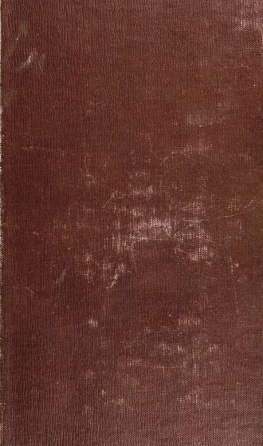LITTLE ESSAYS OF
LOVE AND VIRTUE
By
HAVELOCK ELLIS
First published in 1922
Copyright 2020 Read & Co. Great Essays
This edition is published by Read & Co. Great Essays,
an imprint of Read & Co.
This book is copyright and may not be reproduced or copied in any
way without the express permission of the publisher in writing.
British Library Cataloguing-in-Publication Data
A catalogue record for this book is available
from the British Library.
Read & Co. is part of Read Books Ltd.
For more information visit
www.readandcobooks.co.uk
Contents
Havelock Ellis
Henry Havelock Ellis was born in Croydon, London, England, February 2, 1859. He was a physician, writer and social reformer whose primary interest was in human sexuality and o rientation.
The son of Edward Peppen Ellis and Susannah Mary Wheatley, Havelock spent much of his early childhood travelling with his father, who was a sea captain. During one journey Havelock would visit Sydney, Callao and Antwerp. After returning to the United Kingdom, Havelock was educated at French and German College near Wimbledon, as well as at a school in Mitcham.
Upon leaving school, Havelock would continue his travels and sailed on his fathers ship to Australia. He arrived in Sydney, taking a position as a master in a private school, a position for which he had no training. The school, on discovering this fact, fired him and he took a job working for a family as a pri vate tutor.
His career was stop-start, but eventually he found a position in charge of two elementary schools in New South Wales, where he would settle and write an autobiography. It was during this time that he engaged in profound reflection on his career and was inspired, in part by the solitude of the mountains in New South Wales, to begin a new career as a writer, studying sexuality.
After returning to England in 1879 he started on his path to studying human sexuality, and qualified as a physician. He studied first at St Thomass Hospital Medical School, now Kings College, London, which he paid for through his work as an editor of the Mermaid Series of Jaco bean drama.
It wasnt long before Havelock entered into the social circles of prominent English reformers. He would become a close associate of George Bernard Shaw and Edward Carpenter, among others. It was at this time that he published his first work, Sexual Inversion (1897), the first medical textbook on homosexuality, and one penned alongside prominent historian and social critic John Addign ton Symonds.
The text was noted for its objective analysis of homosexuality, treating it neither as disease, immoral choice or crime and described the details of homosexual relationships in London, England at the time. Many of the studies included in his book were between men and young boys, scenes, which many today would consider c hild abuse.
It is difficult to overstate the effect that Ellis work had on later studies of sexuality both in the form of psychoanalysis and as a social phenomenon worthy of study itself. He coined the phrases narcissism and autoerotism, themes that would be placed centre stage in the works of Sig mund Freud.
Ellis was first among his contemporaries to describe in detail the lives and relationships of transgendered people, a typology he called eonism. Ellis attributed the characteristic to a transference of identity from subject to object and described it in terms that would not seem alien to psychoanalysts today. To Ellis, transgendered identities were ones in limbo between two stages of sexual development: heterosexuality and hom osexuality.
Ellis was a prominent eugenicist and served as vice president of the Eugenics Education Society. He married the prominent womens rights activist, Edith Lees, who lived openly as a lesbian in separate accommodation to Ellis and whose relationship would become the central theme of his later autobiography, My Life (1939). By his death on July 8, 1939 Ellis had written over 45 texts on sex, philosophy, social theory and literature, making him one of the most prolific social commentators of the early Twenti eth Century.
PREFACE
In these Essayslittle, indeed, as I know them to be, compared to the magnitude of their subjectsI have tried to set forth, as clearly as I can, certain fundamental principles, together with their practical application to the life of our time. Some of these principles were stated, more briefly and technically, in my larger Studies of sex; others were therein implied but only to be read between the lines. Here I have expressed them in simple language and with some detail. It is my hope that in this way they may more surely come into the hands of young people, youths and girls at the period of adolescence, who have been present to my thoughts in all the studies I have written of sex because I was myself of that age when I first vaguely planned them. I would prefer to leave to their judgment the question as to whether this book is suitable to be placed in the hands of older people. It might only give them pain. It is in youth that the questions of mature age can alone be settled, if they ever are to be settled, and unless we begin to think about adult problems when we are young all our thinking is likely to be in vain. There are but few people who are able when youth is over either on the one hand to re-mould themselves nearer to those facts of Nature and of Society they failed to perceive, or had not the courage to accept, when they were young, or, on the other hand, to mould the facts of the exterior world nearer to those of their own true interior world. One hesitates to bring home to them too keenly what they have missed in life. Yet, let us remember, even for those who have missed most, there always remains the fortifying and consoling thought that they may at least help to make the world better for those who come after them, and the possibilities of human adjustment easier for others than it has been for themselves. They must still remain true to their own traditions. We could not wish it to b e otherwise.
The art of making love and the art of being virtuous;two aspects of the great art of living that are, rightly regarded, harmonious and not at varianceremain, indeed, when we cease to misunderstand them, essentially the same in all ages and among all peoples. Yet, always and everywhere, little modifications become necessary, little, yet, like so many little things, immense in their significance and results. In this way, if we are really alive, we flexibly adjust ourselves to the world in which we find ourselves, and in so doing simultaneously adjust to ourselves that ever-changing world, ever-changing, though its changes are within such narrow limits that it yet remains substantially the same. It is with such modification that we are concerned in these Li ttle Essays.
H. E.
London, 1921
LITTLE ESSAYS
OF LOVE AND VIRTUE
CHAPTER I
CHILDREN AND PARENTS
The twentieth century, as we know, has frequently been called "the century of the child." When, however, we turn to the books of Ellen Key, who has most largely and sympathetically taken this point of view, one asks oneself whether, after all, the child's century has brought much to the child. Ellen Key points out, with truth, that, even in our century, parents may for the most part be divided into two classes: those who act as if their children existed only for their benefit, and those who act as if they existed only for their children's benefit, the results, she adds being alike deplorable. For the first group of parents tyrannise over the child, seek to destroy its individuality, exercise an arbitrary discipline too spasmodic to have any of the good effects of discipline and would model him into a copy of themselves, though really, she adds, it ought to pain them very much to see themselves exactly copied. The second group of parents may wish to model their children not after themselves but after their ideals, yet they differ chiefly from the first class by their over-indulgence, by their anxiety to pamper the child by yielding to all his caprices and artificially protecting him from the natural results of those caprices, so that instead of learning freedom, he has merely acquired self-will. These parents do not indeed tyrannise over their children but they do worse; they train their children to be tyrants. Against these two tendencies of our century Ellen Key declares her own Alpha and Omega of the art of education. Try to leave the child in peace; live your own life beautifully, nobly, temperately, and in so living you will sufficiently teach your child ren to live.





